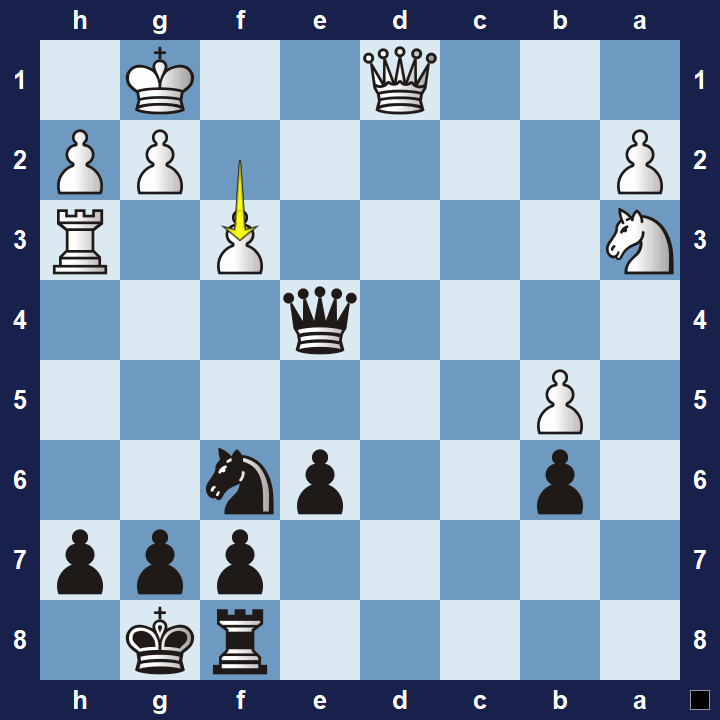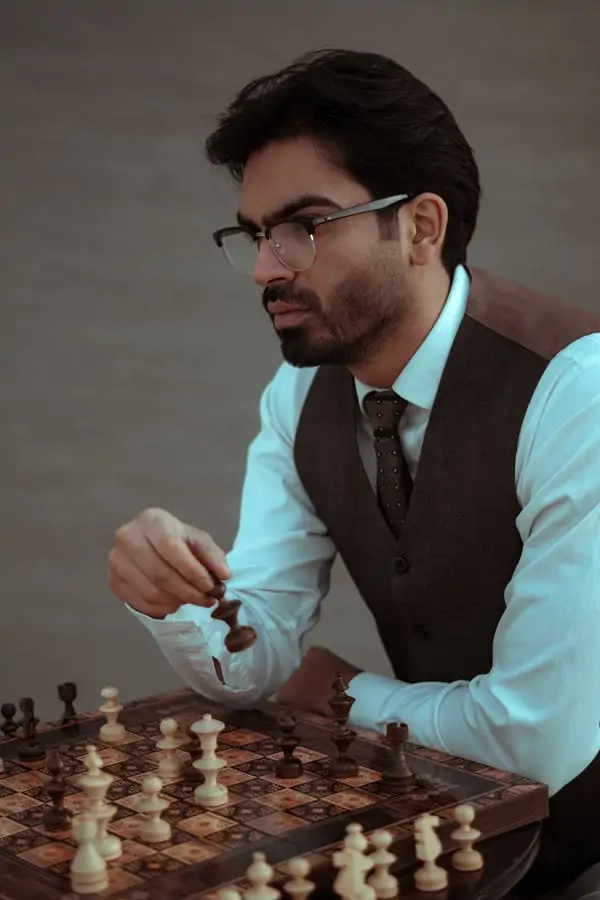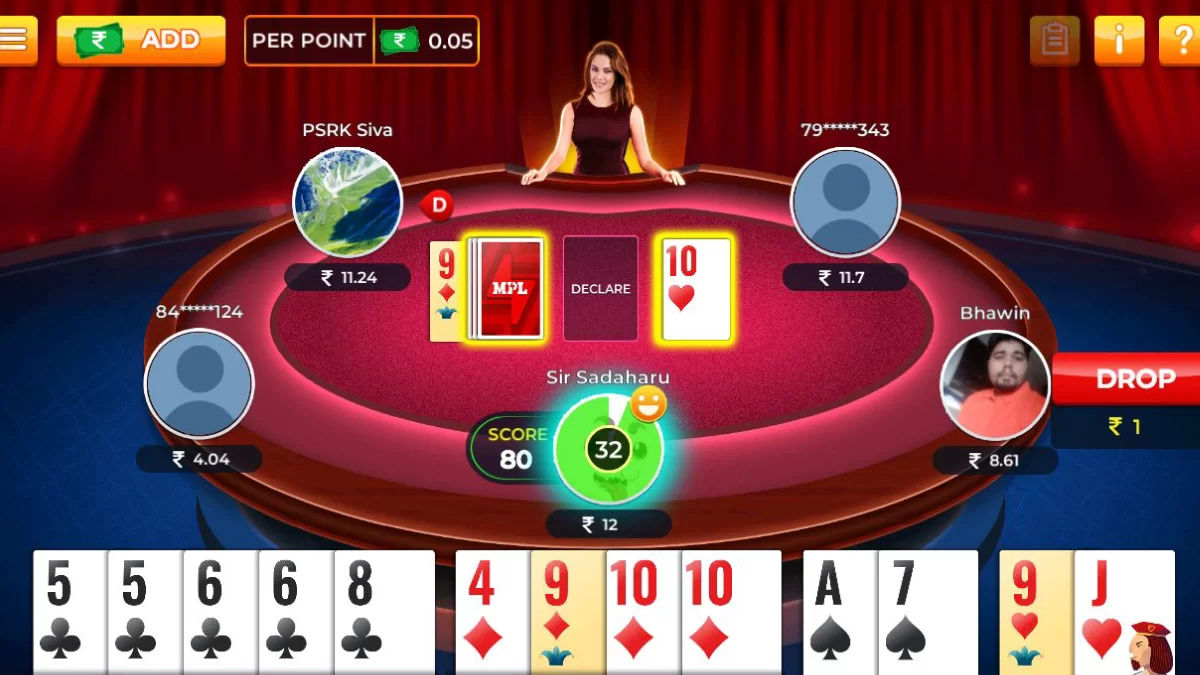Chess is a fun two-player game, provided you know you have the required chess calculation skills. Reading tactics books and solving a chess puzzle or two every day is one of the ways you can improve your chess calculations. With enough practice, however, you can refine your calculation skill. Chess players use these techniques; you should use them too. Read on to know and play chess like the professionals!
How to Improve Your Chess Calculation Technique
When it comes to chess calculation skills, there are four distinct sections to it that you should take into consideration. Your game will improve significantly after following them:
- Start calculating after observing the results of your opponent’s last move.
- Solve chess studies
- Practice your chess games under a time limit
- Reading chess games without a board.
- Understanding the difference between various moves- forced or unforced.
- Your chess calculation skills make sense with your chess tactics.
- Pay Attention to Candidate Moves
- The ability to calculate deeper variations depends heavily on your visualization skill.
- Go for Blitz games
- Elimination process
- Following games online
Start calculating after observing the results of your opponent’s last move.
Repeating all the calculations every single time after your opponent makes a move is a waste of time and will put unnecessary pressure on your brain. Considering that you’ve already done your calculations in your previous move, you will know something about the positions.
Here’s a simple example demonstrating the consequences of white’s last move to help you find the best response.

White just played f3. How will an effective calculation technique reveal a good reply?
By observing the consequences of whites’ move, blacks’ best response will become apparent!
The consequences are:
- White is threatening to capture black’s queen. (The queen should probably move.)
- The e3-square becomes unprotected. (The queen could go there.)
- The white king becomes vulnerable to a check on the g1-a7 diagonal. (An exposed king is often a tactical target.)
- The f3-pawn obstructs the connection between the Ra3 and Na3, which implies Na3 is now undefended. (An unprotected is also a tactical target).
Surely you can see how, by simply observing the consequences of white’s last move, you can easily find the move Qe3+, followed by Qxa3.
Always know the importance of your opponent’s last move to go for the next move. This will improve your chess and your calculation abilities.
In summary:
Depending on your opponent’s last move, it shows the final position. You have to recognise those changes immediately and see how those calculation skills reflect in your game.
Solve chess studies
An often overlooked practice, solving chess studies is the way to improve your chess calculation skills. Many believe that since the move is composed, there is not much to learn. This is not true. Solving chess studies will change how you imagine your next move, and that will be extremely helpful in a real game.
Practice your chess games under a time limit
Set a time control while solving endgame puzzles. Start with 15-20 min and get it down to ten minutes as you progress. In today’s times, it is not only important to play well but to play at a blinding speed. Making the right decisions under limited time gives a significant boost as a player in matches and tournaments.
Reading chess games without a board
Reading a book with chess games can be fun, but practice them without the board and try to go as far as you can with the image of the position. Easier said than done, and it requires deep concentration. It is as good as blindfold games. Studying an endgame puzzle is an indisputable way of winning and improving your calculation.
Understanding the difference between various moves- forced or unforced.
The mark of strong chess players is their calculation ability. Understanding that only some and not all moves should be calculated. It should be noted that chess positions will reflect how you perform in the game. In short, calculate only the forcing moves. Now, what are those?
We’ll see what are ‘forced moves.’
What are Forced Moves and Non-Forcing Moves?
A chess player that forces a move means that the opponent is threatened to defend it or give up a pawn. A non-forcing move does not make an imminent threat. Therefore, the player has the choice to make a lot of decisions. There is a limit to the calculating variations in forced moves. As you reach the middle game, the positions become more complicated, and the number of forcing moves increases. Here, your chess calculation skills are put to the test.
There is no point in calculating all the non-forcing moves; put your training process and chess principles you have learned. This is a pattern recognition technique that every player should know.
There are three kinds of forcing moves:
- Checks
- Captures (often implying piece exchanges)
- Threats (and counter-threats)
In summary:
Go for calculating forced moves- as precisely as possible. Stick to chess principles and strategies to be for the non-forcing moves.
Your chess calculation skills make sense with your chess tactics
Knowing patterns and understanding complicated positions leads to a good chess game. The patterns are referred to as “themes” or “motifs.” Studying all the moves will refine your chess calculations. Moreover, this way of study will help you notice interesting and new forms of chess tactics.
But why is this important to your calculation technique? The point is that a well-developed tactical skill will increase your ability to recognize potential tactics based on certain position features – which will guide your calculation process in the right direction. This means you won’t lose as much time and energy calculating irrelevant variations that lead nowhere
In summary:
Your tactical skill should support the accuracy and speed of your calculation skills.
Pay Attention to Candidate Moves
You can spend hours playing with your opponent, but it is impossible to win if you cannot read the candidate’s moves. A significant part of calculation skills is knowing how and what to calculate in a position. You must get used to the new positions and how your opponent plays the game. Therefore, solve chess puzzles so that you can study a practical approach. Play games whenever possible, even online. When you solve tactical puzzles, practice using a consistent calculation method and calculate only the forcing variations. After a point of time, the tactical approach will be a part of your thinking process.
The ability to calculate deeper variations depends heavily on your visualization skill
Not everyone has the ability to visualise the outcome of the positions if a player makes a move. If you have the power of visualization, making the correct moves in chess will be a child’s play. You must see them clearly and accurately to see the implications yourself. The benefits of this practice are obvious. In this instance, o for blindfold chess. If you can play a full game without seeing the board and without making fatal mistakes, it is great news. Many mistakes occur because we forget where a piece was after calculating 3-4 moves ahead.
In summary:
The more you can visualize your chess moves, the better will it be in the actual game. Some online tools like Visulawize can help you improve your skills.
Go for Blitz games
Along with solving chess puzzles, your calculation skill will upgrade significantly if you play blitz games regularly. Try MPL Speed Chess to gain experience. You must try to make your best move; outplay your opponent by making good moves. Bad moves will simply lag your game.
Elimination process
Most players look for virtues in a move. Instead, work on the flaws that it has. If the opposing player makes 4 moves and you have refuted three of them, then you have a clear choice. Even if you are unfamiliar with the consequences of the fourth move, you know that the player will lose because of the earlier three moves.
Following games online
You can stream most chess tournaments on digital or broadcasting platforms. These platforms can convey to viewers what is happening in real-time. Get used to thinking for yourself and trying out the moves for yourself. Sometimes, your calculations will be similar to highly skilled players.
Also Read: The Best Chess Books- From Beginner to Advanced Level Players
Book Recommendations To Improve Your Calculation Skills
- Perfect Your Chess by Andrei Volokitin and Vladimir Grabinksy
- Recognizing Your Opponent Resources by Mark Dvoretsky
- Grandmaster Preparation – Calculation by Jacob Aagaard
- Grandmaster Preparation – Attack and Defense by Jacob Aagaard
- Mastering Chess Middlegames by Alexander Panchenko
FAQs
Is calculation the most important in chess?
One of the most crucial parts of chess is mathematics. Hence, while solving chess calculations, maths is essential.










